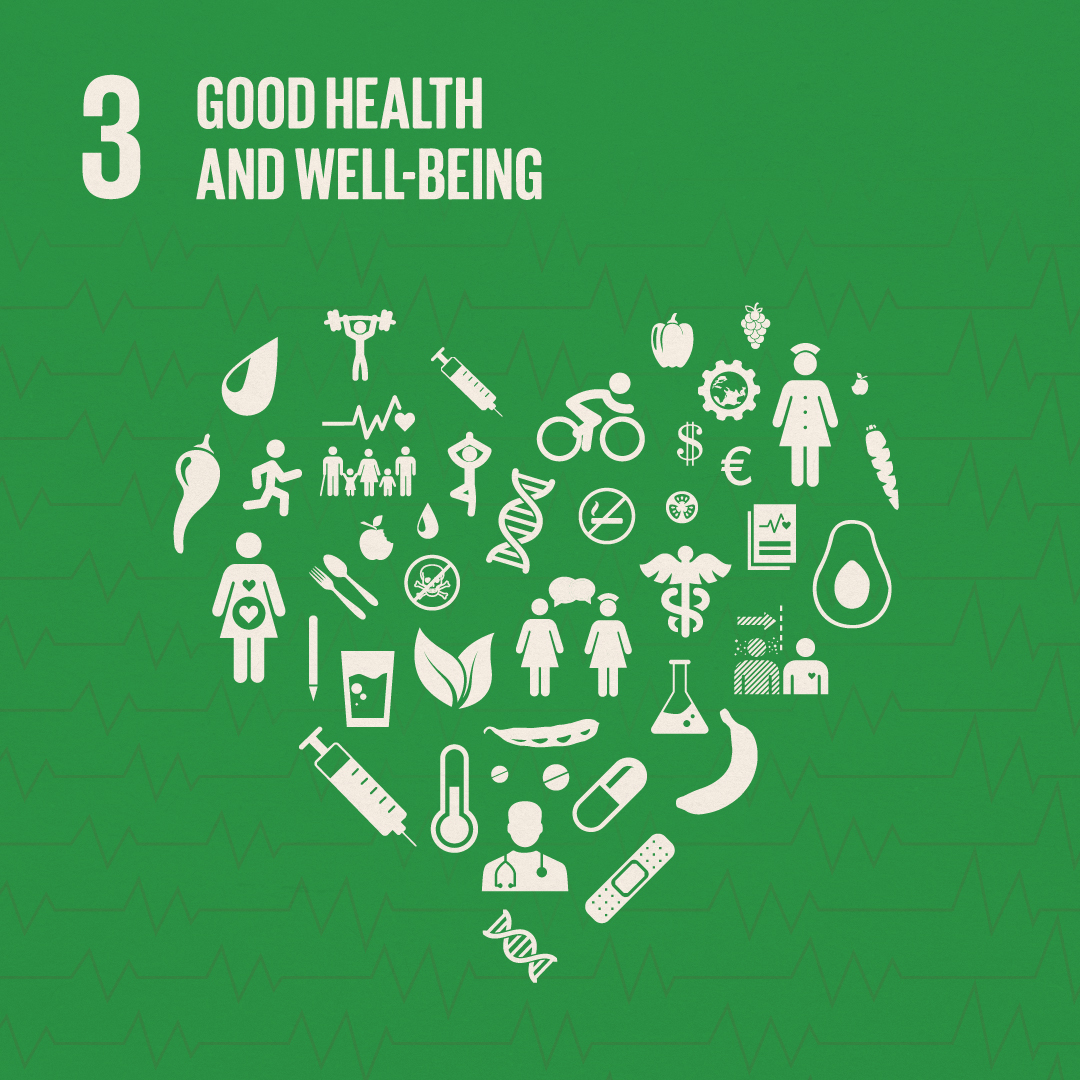By Scott Bishop
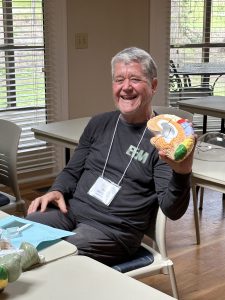 The Baby Boomers – the generation born into post-World War II America between 1946 and 1964 –are now referred to in some circles as “the gray tsunami.” From the housing market to technology and innovation, the societal impacts of the largest generation in history are myriad. One notable factor with both societal and individual implications is that Boomers are sticking around longer. When the first of that generation was born in 1946, the average life expectancy was 63 years old. Today, thanks to better medicine and improved living conditions the average life expectancy for those born in 1945 is 79 years. We can think of those years as a “life bonus,” but the downside is that aging itself increases the risk of chronic disease. According to the CDC, “dementias, heart disease, type 2 diabetes, arthritis, and cancer … are the nation’s leading drivers of illness, disability, death, and health care costs.”
The Baby Boomers – the generation born into post-World War II America between 1946 and 1964 –are now referred to in some circles as “the gray tsunami.” From the housing market to technology and innovation, the societal impacts of the largest generation in history are myriad. One notable factor with both societal and individual implications is that Boomers are sticking around longer. When the first of that generation was born in 1946, the average life expectancy was 63 years old. Today, thanks to better medicine and improved living conditions the average life expectancy for those born in 1945 is 79 years. We can think of those years as a “life bonus,” but the downside is that aging itself increases the risk of chronic disease. According to the CDC, “dementias, heart disease, type 2 diabetes, arthritis, and cancer … are the nation’s leading drivers of illness, disability, death, and health care costs.”
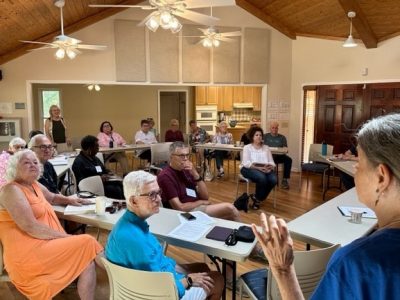 Looming at the top of that list: dementia. Every person in the over-60 set has worried about it. The CDC again: “the risk of Alzheimer’s disease and other dementias increases with age, and these conditions are most common in adults 65 and older.” Citing a 2017 article in Journal of American Medical Association – Internal Medicine, Ashton Applewhite, author of This Chair Rocks: A Manifesto Against Ageism, says “even as the population ages, dementia rates are going down.” Applewhite extrapolates that “the real epidemic is anxiety about memory loss.” But still! Personal experience (We all know somebody with dementia.) and news media help keep the topic top of mind. An August 24 article in The Guardian covers recently published research in BMJ Journal – Mental Health that yielded a “dementia risk score, drawing on 11 mostly modifiable (emphasis mine) risk factors that can identify people at risk – from mid-life onwards – of developing the disease within the next 14 years.” The factors are “age, education, a history of diabetes, a history of depression, a history of stroke, parental history of dementia, levels of deprivation, high blood pressure, high cholesterol, living alone and being male.”
Looming at the top of that list: dementia. Every person in the over-60 set has worried about it. The CDC again: “the risk of Alzheimer’s disease and other dementias increases with age, and these conditions are most common in adults 65 and older.” Citing a 2017 article in Journal of American Medical Association – Internal Medicine, Ashton Applewhite, author of This Chair Rocks: A Manifesto Against Ageism, says “even as the population ages, dementia rates are going down.” Applewhite extrapolates that “the real epidemic is anxiety about memory loss.” But still! Personal experience (We all know somebody with dementia.) and news media help keep the topic top of mind. An August 24 article in The Guardian covers recently published research in BMJ Journal – Mental Health that yielded a “dementia risk score, drawing on 11 mostly modifiable (emphasis mine) risk factors that can identify people at risk – from mid-life onwards – of developing the disease within the next 14 years.” The factors are “age, education, a history of diabetes, a history of depression, a history of stroke, parental history of dementia, levels of deprivation, high blood pressure, high cholesterol, living alone and being male.”

Focus on the positive for a moment. One can reduce their risks of developing dementia, and a depressing list of other chronic diseases, by making some fairly simple life choices. The loads of internet-hyped products and fad diets aside, the Harvard School of Public Health gives positive review to the Mediterranean Diet, the DASH Diet, and they offer its own more simple “Healthy Eating Plate” which emphasizes fresh vegetables and fruits, whole grains, and healthy proteins like fish, poultry, beans and nuts.
Other life choices include exercise and movement, not smoking, and limiting alcohol consumption. We have heard these things before. In a recent webinar conducted for Osher Lifelong Learning Institute at UC Davis by Sarah Tomaszewski Farias, Ph.D., a professor and researcher in the Department of Neurology and chief of Cognitive and Behavioral Neurology at UC Davis, Dr. Farias stated that up to “40% of dementia is attributable to modifiable factors which include physical inactivity, poor diet, low cognitive stimulation, lack of social engagement, and depression.”
Dr Faria’s list of recommended activities for cognitive engagement? Working the crossword puzzle can be fun and engaging, but when we want to create new neural pathways that contribute to brain health, Dr. Faria recommends “taking classes, volunteering, practicing music, artistic endeavors, reading, playing games of skill, and interacting with others.” Look back to the eleven risk factors, and one is “living alone,” in other words, being isolated. And even though those lifestyle changes are often labeled “simple,” it is sometimes hard to create new habits and make good health choices, especially when we are trying to do those things on our own.
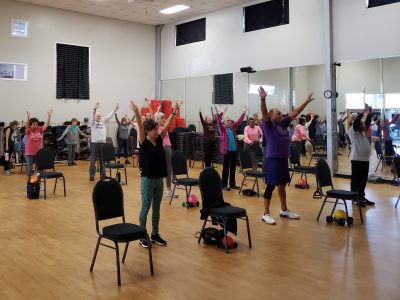 Some good news from Auburn University is that there is a program on campus that offers opportunities for healthy aging through physical activity, cognitive stimulation, and social engagement. The Osher Lifelong Learning Institute (OLLI) at Auburn University is a unit in the division of University Outreach. Our mission is to provide learning experiences in a variety of settings and formats, social interaction, and opportunities to volunteer.
Some good news from Auburn University is that there is a program on campus that offers opportunities for healthy aging through physical activity, cognitive stimulation, and social engagement. The Osher Lifelong Learning Institute (OLLI) at Auburn University is a unit in the division of University Outreach. Our mission is to provide learning experiences in a variety of settings and formats, social interaction, and opportunities to volunteer.
Our programs are designed for people 55 and older, but all adults are welcome. This fall OLLI at Auburn is offering over 50 classes, including things to keep you moving like day hiking, line dancing, Tai Chi, and yoga. There are engaging lecture classes on history, our local natural environment, and Alabama’s paleontology, plus classes in writing memoir and poetry, studio art, and special interest groups for Mah Jong, meditation, and photography. And there’s more than that.
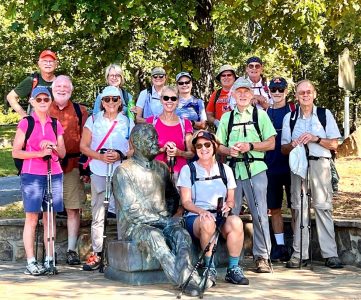 OLLI classes meet once a week for an hour and a half. Our fall term lasts eight weeks, and our 7-week winter term begins January 16, 2024. There are many benefits including discounts with our community partners, but the greatest benefit of all is new friendships. OLLI at Auburn is a community. Check out our website at https://www.auburn.edu/outreach/olliatauburn/, and make plans to join us.
OLLI classes meet once a week for an hour and a half. Our fall term lasts eight weeks, and our 7-week winter term begins January 16, 2024. There are many benefits including discounts with our community partners, but the greatest benefit of all is new friendships. OLLI at Auburn is a community. Check out our website at https://www.auburn.edu/outreach/olliatauburn/, and make plans to join us.

Coupon for discounted OLLI rate.
Learn about the SDGs & AU and our contributions related to this post.

